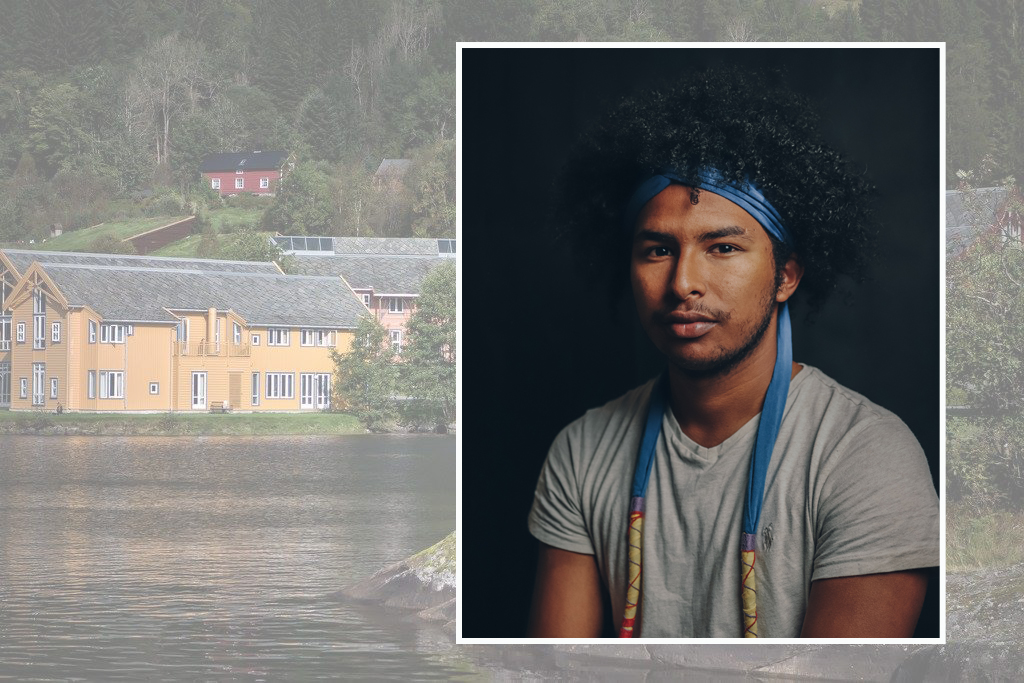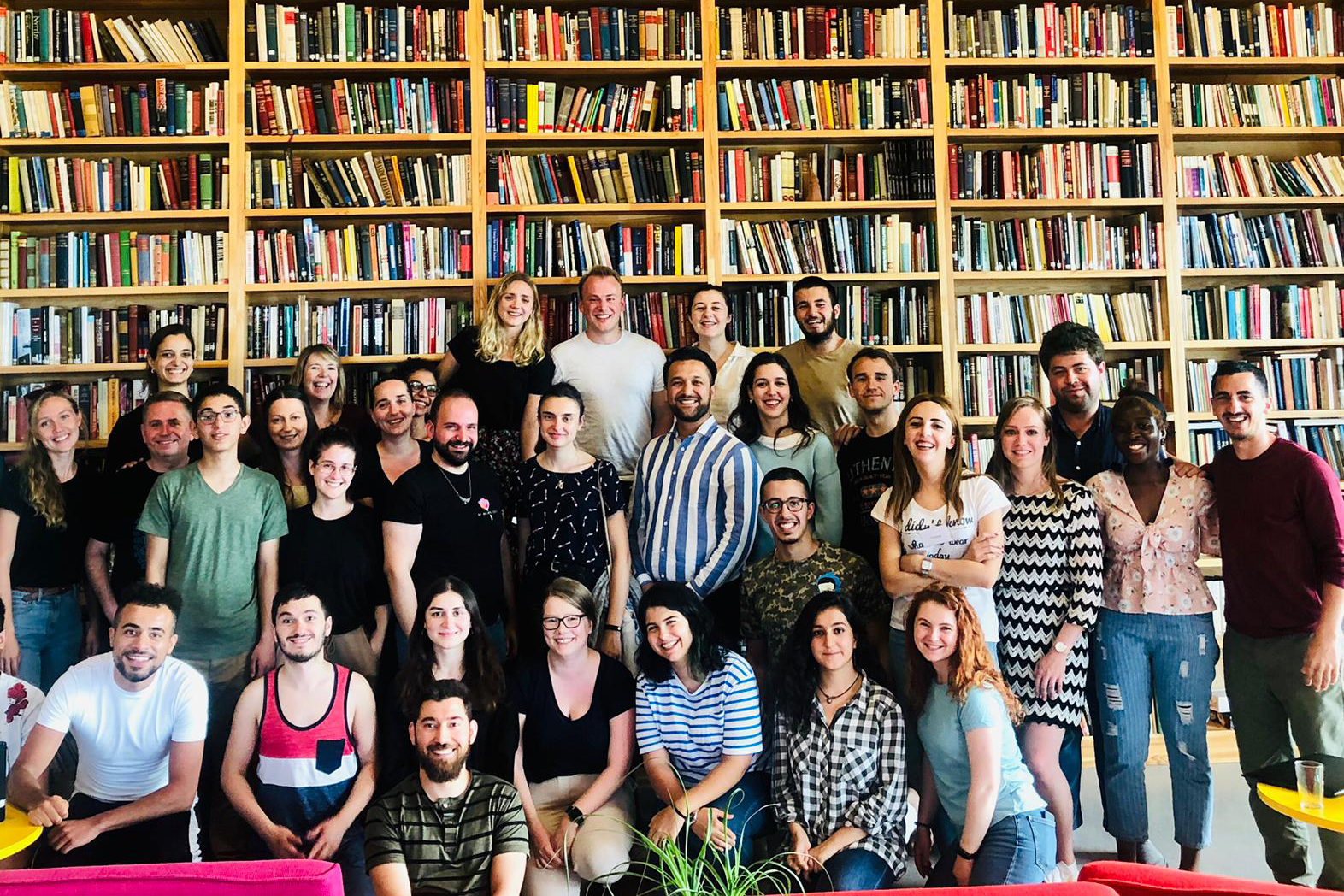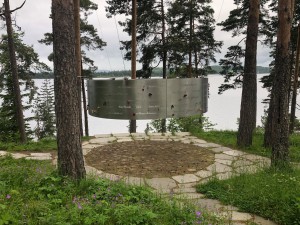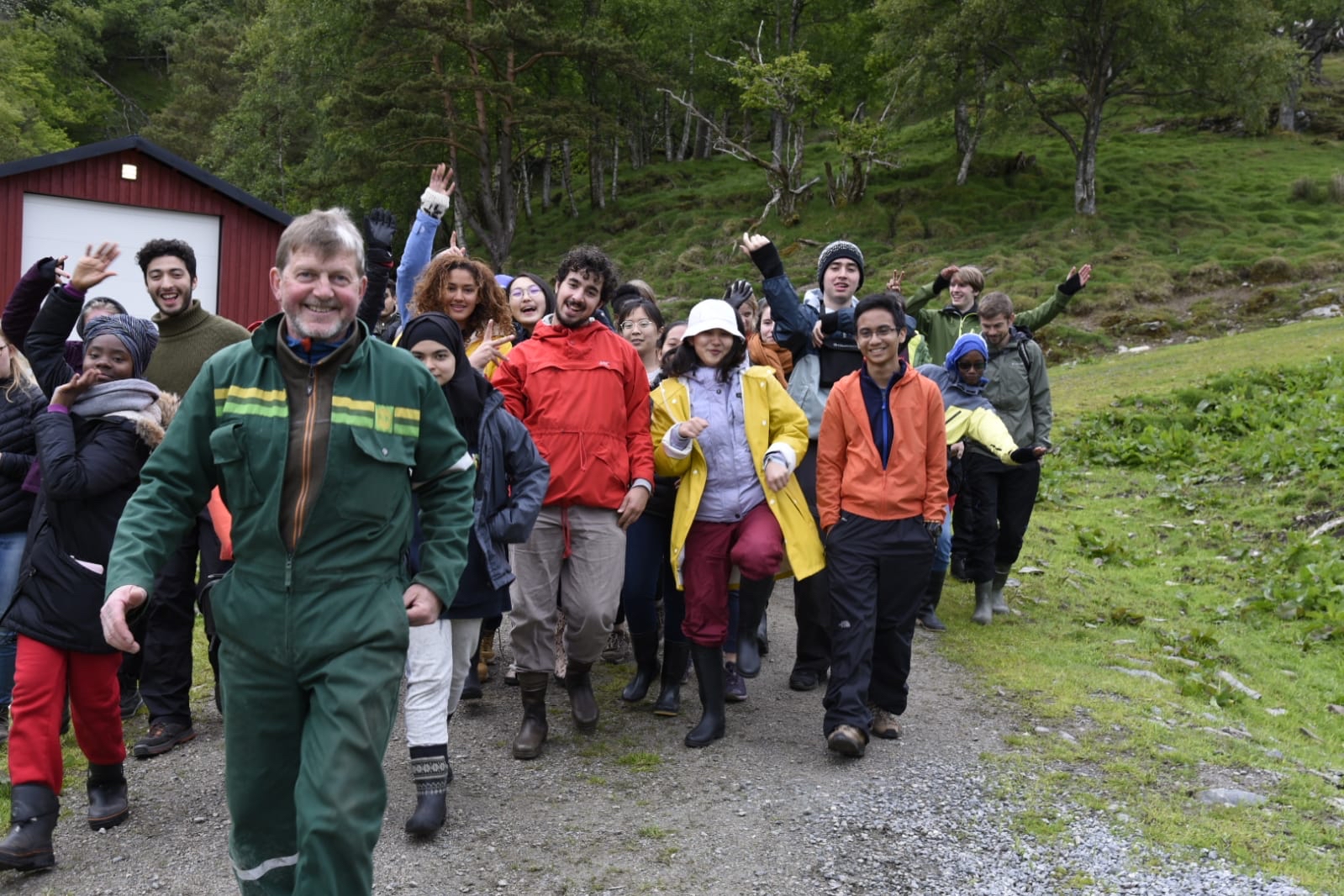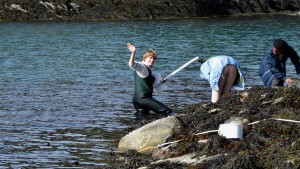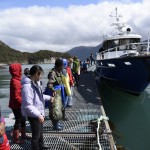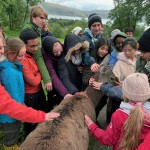Eduardo Campbell (RCN ’13-’15)
Eduardo Campbell was profiled in a piece written for Oklahoma University’s student-run magazine, Forum, that looks at his journey as an Afro-Latinx individual and his leadership role with activism.
We reprint it here. Follow the link to see the original.
Ask Me About My Blackness, Not My Hair: A Conversation with Eduardo Campbell
April 25, 2019 by PicklesAn epiphany is what Eduardo called it. A sudden realization about the nature of being or the realities associated to oneself. About three years ago, Eduardo had a coming out with his Blackness.
He was raised in Panama with his family and he had the darkest skin color compared to his other relatives. However, he was never labeled as being “Black” until he moved to the United States and people started associating him with the term “Black.”
Then, he had a sudden realization that he was not aware of race categories and has never identified himself as black back in Panama.
“I started to question why did my family never allow me to consider myself Black?”
When Eduardo left Panama to Brazil to study before coming to the U.S. when he was 17, he described the utmost shock from realizing he had curly hair when he first had the freedom to grow it out. He was baffled by living in a Panamanian society that perpetuated whiteness through physical looks such as always maintaining straight hair at a young age to be beautiful.
Curly hair wasn’t accepted in the workplace and looks were given if your hair was unruly rather than stripped back and straight.
Yet, he grasped onto his identity of being an Afro-Latino AND Black.
Eduardo began to participate in social movements, rallies, and marches in Brazil and later all the way to Norman, Oklahoma.
During his spring semester, he was motivated by his passions in social activism to broaden awareness for racial justice.
However, the blackface scandal by two white sorority girls on campus deeply affected OU students of all colors by its outright racist acts against Black people. Eduardo took the initiative to contact the Black Student Association, OU professors, and friends to organize a Rally Against Racism in the Molly Shi Ballroom in January.
Hundreds of people came to the rally to stand in solidarity and sit in a space for students to feel heard about the injustices brought onto OU’s campus. Beyond physically standing alongside one another, Eduardo wanted to promote inclusivity and acceptance of all races through awareness and education.
“Race is so limited in America to the point where there is no concept of intersectionality and understanding that a Latino can also be Black, White, Indigenous, and Asian.”
Eduardo is more than a student, leader, and social activist. He is an ally to all communities. Walking hand in hand with everyone despite their race, ethnicity, religion, gender, or sexuality is powerful. As students, we have the power to change OU to become a safe space for all marginalized voices to be heard.
A special thanks to FORUM Magazine. for considering me to be part of the project.

